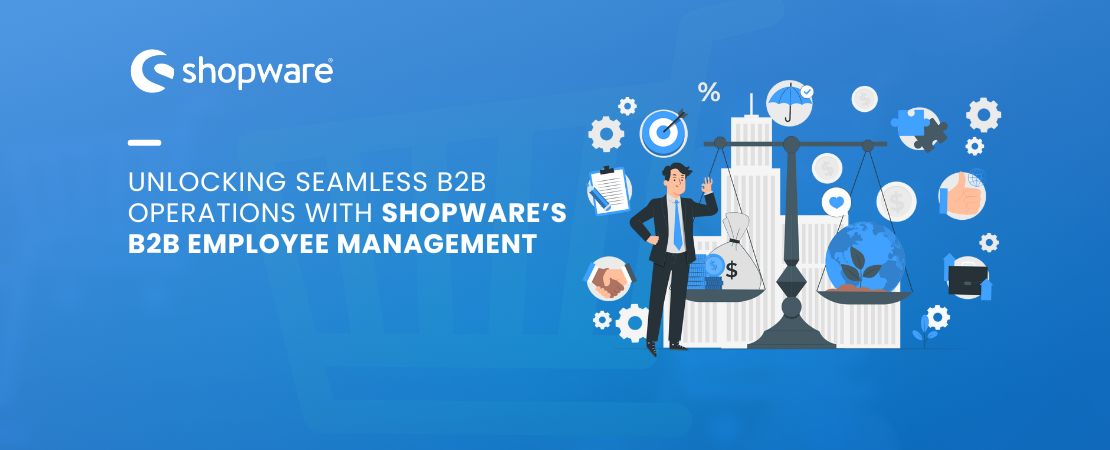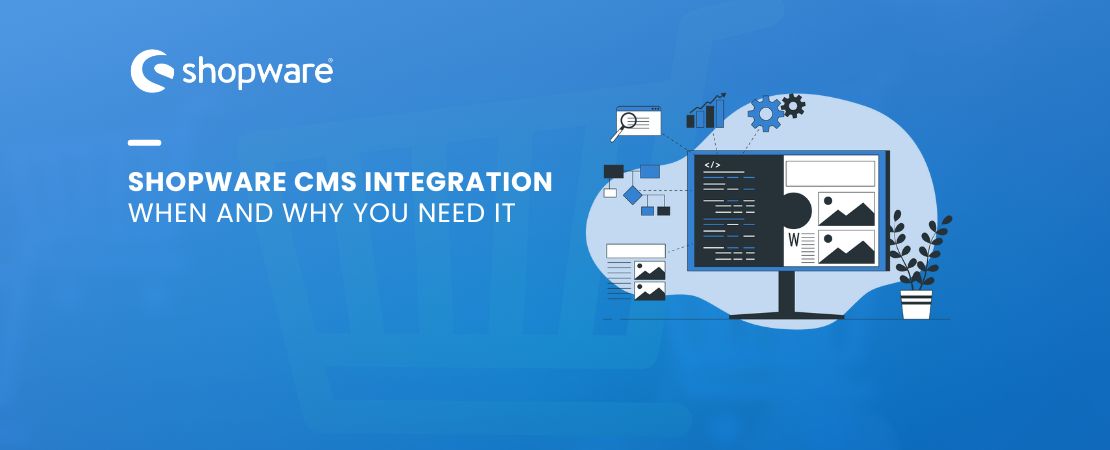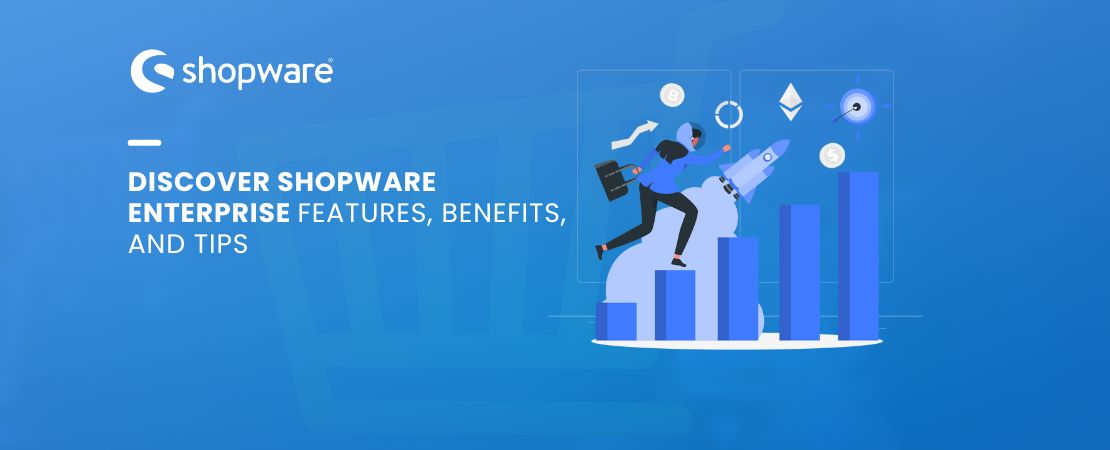In a digital era where online shopping has become more of a norm than a novelty, businesses are incessantly looking for innovative ways to enhance the user experience and streamline their operations. Enter Shopware PWA (Progressive Web Application) – your ticket to a seamless, user-friendly, and high-performing e-commerce store. But what exactly is Shopware PWA, and how can it bolster your online store’s performance? Let’s dive in!
Understanding Shopware PWA
Shopware PWA brings together the best of two worlds – websites and mobile applications, offering a potent combination of performance, usability, and technical finesse. Unlike traditional applications, PWAs do not require downloading from an app store and can be accessed and interacted with directly via a web browser, providing a mobile-app-like experience.
Key Features of Shopware PWA:
- Responsive Design: Adapts to any screen size or resolution.
- Offline Mode: Allows users to browse even without an internet connection.
- Push Notifications: Engage users with updates and offers.
- Fast Loading Times: Reduced bounce rates and improved user experience.
- Safety: Ensured through HTTPS and data protection.
Advantages of Employing Shopware PWA in Your Business
-
Enhanced User Experience (UX)
By adopting a mobile-first approach, Shopware PWA ensures a smooth and dynamic user experience, which can significantly boost conversion rates and customer engagement.
-
Improved Performance
Thanks to efficient caching mechanisms, PWAs deliver remarkably fast loading times, thereby reducing bounce rates and positively influencing search engine rankings.
-
Cost-Effective Development
Developing a PWA is generally more budget-friendly compared to building separate apps for different platforms, making it a prudent choice for businesses looking to save on development costs.
-
SEO Benefits
With faster load times and mobile-optimized design, Google tends to favor PWAs, potentially enhancing your website’s SEO and aiding in reaching a larger audience.
Steps to Implement Shopware PWA
Step 1: Analysis and Strategy
Begin by analyzing your business requirements, target audience, and UX/UI needs. Formulate a strategy to implement PWA features that align with your business objectives.
Step 2: Development and Integration
With a strategy in place, move towards developing and integrating the Shopware PWA into your e-commerce platform, ensuring it complements your existing setup and functionality.
Step 3: Testing
Employ rigorous testing for functionality, performance, and UX across various devices and browsers to ensure seamless operation upon launch.
Step 4: Launch and Monitor
After thorough testing, launch your Shopware PWA and continuously monitor its performance, gathering data to make any necessary improvements in the future.
Final Thoughts
In the bustling realm of e-commerce, staying abreast of technology is paramount. Shopware PWA not only future-proofs your business but also offers a competitive edge by elevating user experience and operational efficiency. By leveraging its numerous benefits and implementing it effectively, businesses can carve out a path to sustained e-commerce success.



